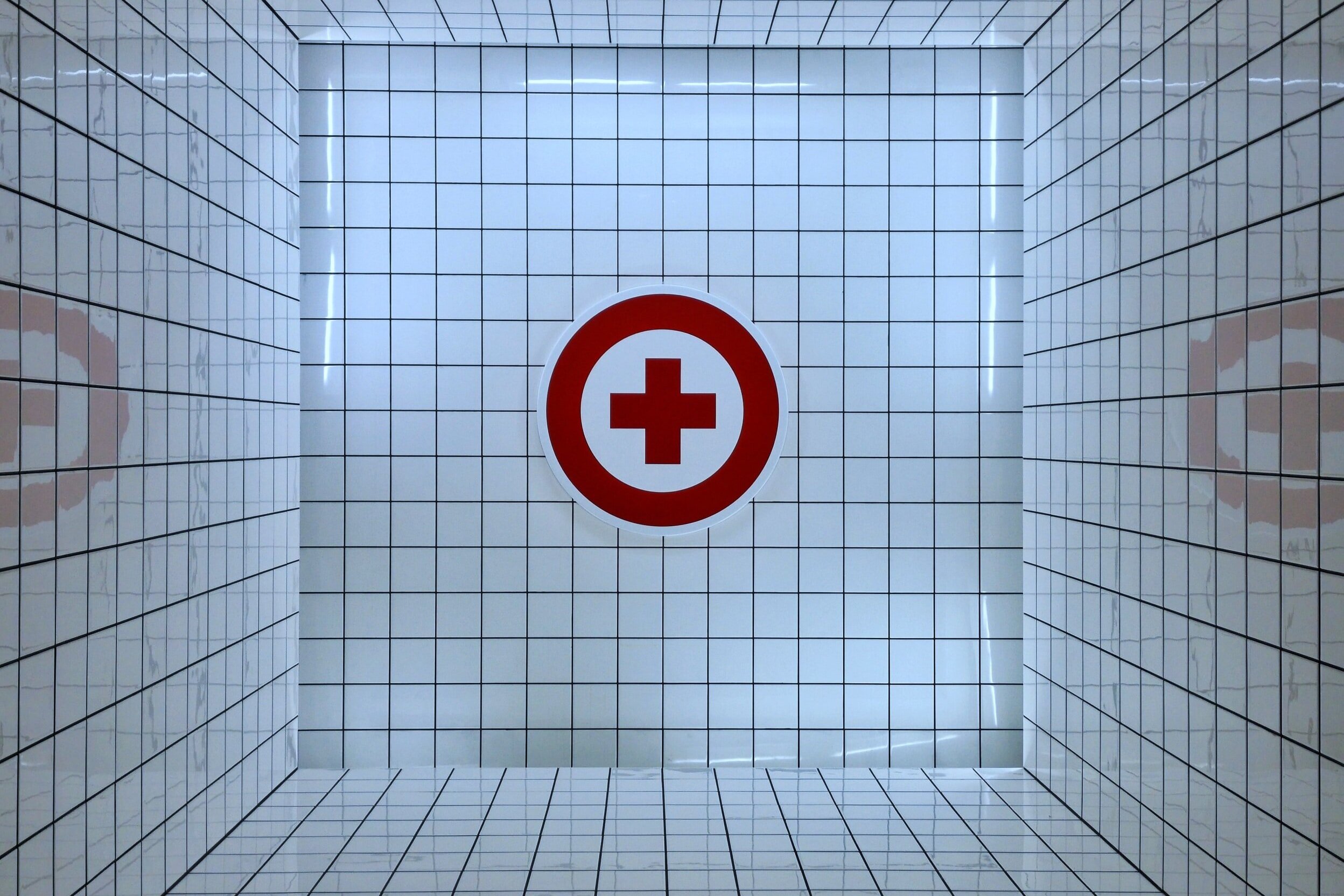Diverticular disease (also know as diverticulosis) is an outpouching of the bowel wall.
It is common in Western societies and becomes more common with increasing age. Diverticular disease most commonly occurs in the colon (large bowel). It can also occur in the small bowel, although this is less common.
In most instances, diverticular disease does not cause any symptoms.







